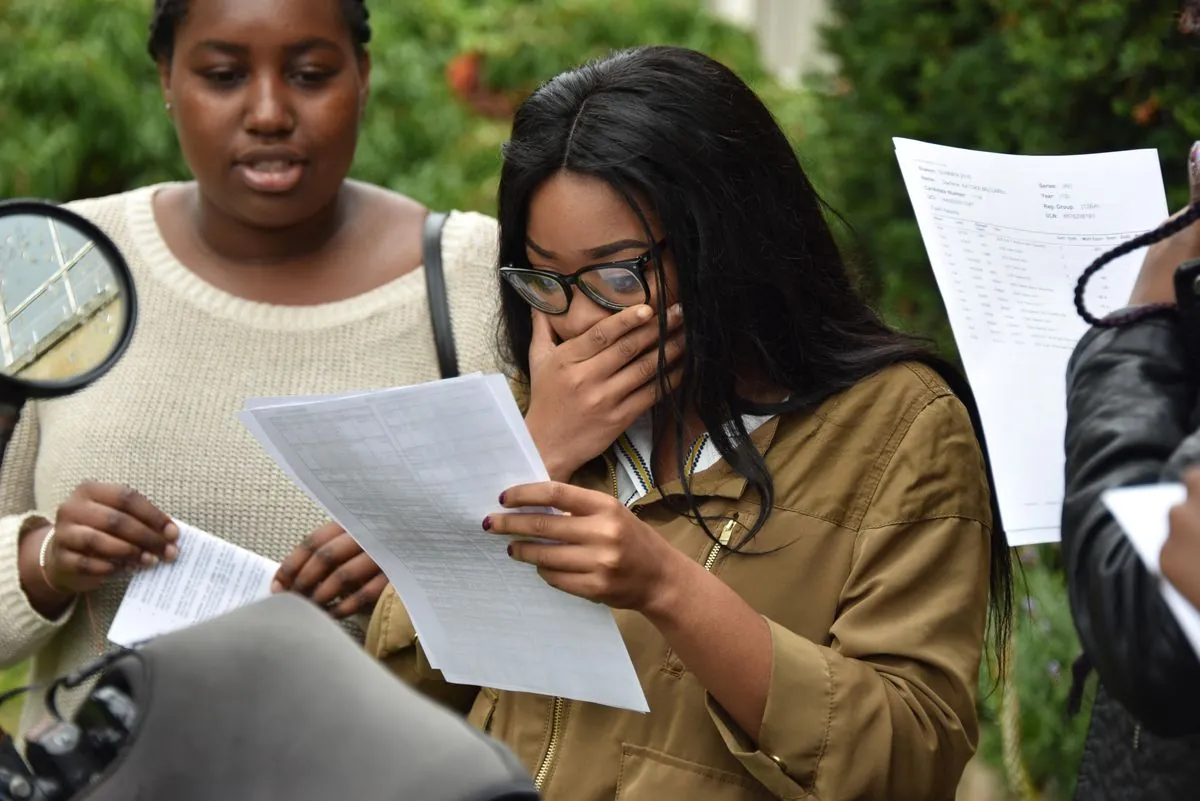GCSE Results May Conceal True Impact of Post-Pandemic Truancy Crisis
As 800,000 students await GCSE results, experts warn that persistent absence rates could mask the full extent of the truancy crisis. Government response criticized as insufficient to address the issue.

As approximately 800,000 students in England, Wales, and Northern Ireland prepare to receive their GCSE results on August 22, 2024, experts caution that these outcomes may not fully reflect the ongoing truancy crisis exacerbated by the pandemic.
Data analysis reveals a significant increase in persistent absence rates among Year 11 pupils compared to pre-pandemic levels. In the spring term of 2024, 27.3% of students missed more than 10% of school sessions, a substantial rise from 16.6% in the same period of 2018/19. While this marks an improvement from the 31.9% recorded in 2021/22, it remains considerably higher than pre-pandemic figures.
Experts express concern that these statistics may not capture the full extent of the issue, as some persistently absent students may have been withdrawn from exams entirely. This could potentially skew the overall results, making it challenging to assess the true impact of increased absenteeism on academic performance.

Beth Prescott of the Centre for Social Justice criticizes the government's response to the persistent absence crisis, stating, "We're not seeing a response that matches the scale of the crisis at hand." The Centre for Social Justice, established in 2004, has been vocal about the need for urgent action to address this issue.
The Department for Education reports that 20.7% of pupils aged 5 to 15 were persistently absent in the past academic year, nearly double the 10.9% recorded in 2018/19. While the government has proposed measures such as free breakfast clubs and using artificial intelligence to identify absence trends, experts argue that more comprehensive strategies are needed.
Rebecca Montacute, head of research and policy at the Sutton Trust, emphasizes the potential long-term consequences: "I am really concerned that it's going to be many, many years worth of school children who are impacted by this and losing all of that progress on the attainment gap." The Sutton Trust, founded in 1997, has been at the forefront of efforts to improve social mobility through education.
Experts call for the reinstatement of the National Tutoring Programme, which was introduced in 2020 as part of the COVID-19 catch-up plan but scrapped in February 2024. They also advocate for increased funding for disadvantaged pupils and tailored support for those frequently missing school.
"The levels of anxiety exhibited by students in the run-in to these exams - in what was the end of Year 11 for them - was heightened much more than we have ever seen before."
This observation aligns with reports of more students requesting to sit exams in smaller rooms, separate from the main exam hall, indicating increased anxiety levels among pupils.
As the education sector grapples with these challenges, it remains to be seen how the GCSE results will reflect the complex interplay of factors affecting student performance in the post-pandemic era. The coming years will be crucial in addressing the persistent absence crisis and its long-term impact on educational outcomes.


































